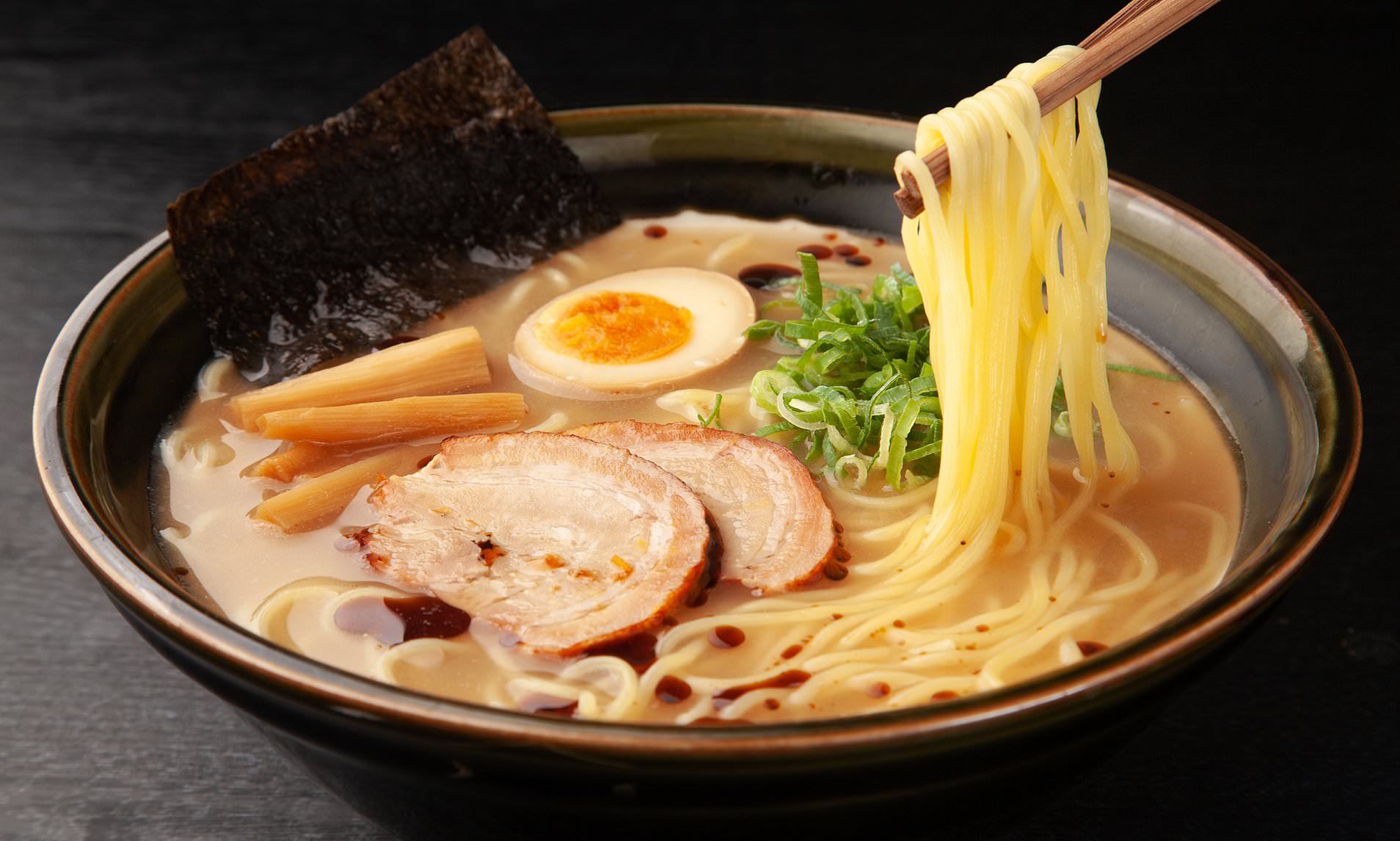
The savory delight of Japanese noodle soups, particularly ramen, has captured palates worldwide. However, a recent study raises concerns about the potential health risks associated with frequent consumption of this popular dish. The research suggests a link between eating ramen more than once a week and an increased risk of premature mortality, particularly among men under 70.
Study Details: Ramen Consumption and Mortality
The study, conducted in Japan's Yamagata region, involved over 6,500 participants aged 40 and older. Researchers categorized participants into four groups based on their weekly ramen consumption: less than once a month, one to three times a month, once or twice a week, and three or more times a week. The study revealed that a significant portion of the participants consumed ramen at least once a month, with a considerable number indulging weekly.
Key Findings: Salt, Alcohol, and Increased Risk
The research identified several factors associated with increased mortality risk among frequent ramen consumers. Individuals who consumed at least half of the ramen broth, known for its high sodium content, and ate ramen frequently, exhibited a higher risk of death. Furthermore, those who consumed ramen more than three times a week in combination with alcohol consumption faced a threefold increase in mortality risk compared to less frequent consumers.
The study concluded that frequent ramen consumption, particularly among men under 70, may be associated with a higher risk of death due to the high salt content of the broth. The researchers suggested that excessive sodium intake from ramen could contribute to salt-related diseases like stroke and gastric cancer.
Limitations and Considerations
Despite the study's findings, it's crucial to acknowledge its limitations. The research was observational, relying on self-reported dietary data, which may be subject to inaccuracies. Food diaries offer only a snapshot of dietary habits, which can vary seasonally or due to health-related dietary changes. The study also lacked detailed information on portion sizes, specific ramen ingredients, and other foods consumed alongside ramen. Moreover, the study did not account for pre-existing health conditions like chronic kidney disease or cancer, nor did it consider participants' exercise habits.
The Broader Context: Salt and Public Health
The study's findings align with broader public health concerns regarding excessive salt consumption. High sodium intake is a well-established risk factor for elevated blood pressure, which in turn increases the risk of heart attack and stroke. Global health organizations, including the World Health Organization (WHO), have consistently urged individuals to reduce their salt intake. Many countries, including those in Europe, exceed recommended daily salt intake levels. Processed foods and street foods are often cited as major contributors to excessive sodium consumption.
Health Implications of High Salt Intake
- High Blood Pressure: Excessive salt intake leads to increased water retention in blood vessels, raising blood pressure.
- Cardiovascular Disease: Studies link high salt intake to a heightened risk of stroke (23% increase) and cardiovascular disease (14% increase).
- Arterial Stiffness: Elevated salt intake can cause stiffening of blood vessels and arteries, further increasing cardiovascular risk.
Recommendations: Moderation and Awareness
While the study highlights potential risks associated with frequent ramen consumption, it's essential to approach the findings with caution and consider the study's limitations. The research suggests that moderation is key. Limiting ramen consumption to occasional meals and avoiding excessive broth consumption, especially when combined with alcohol, may help mitigate potential health risks.
Guidelines for Salt Intake
- NHS (UK): Recommends adults consume no more than 6g of salt per day.
- WHO: Recommends a daily salt intake of no more than 5g.
It is important to be aware of the salt content in processed foods and restaurant meals, including ramen, and to make informed dietary choices to maintain a healthy lifestyle. Regular blood pressure checks are also crucial for monitoring and managing hypertension.


No comments:
Post a Comment